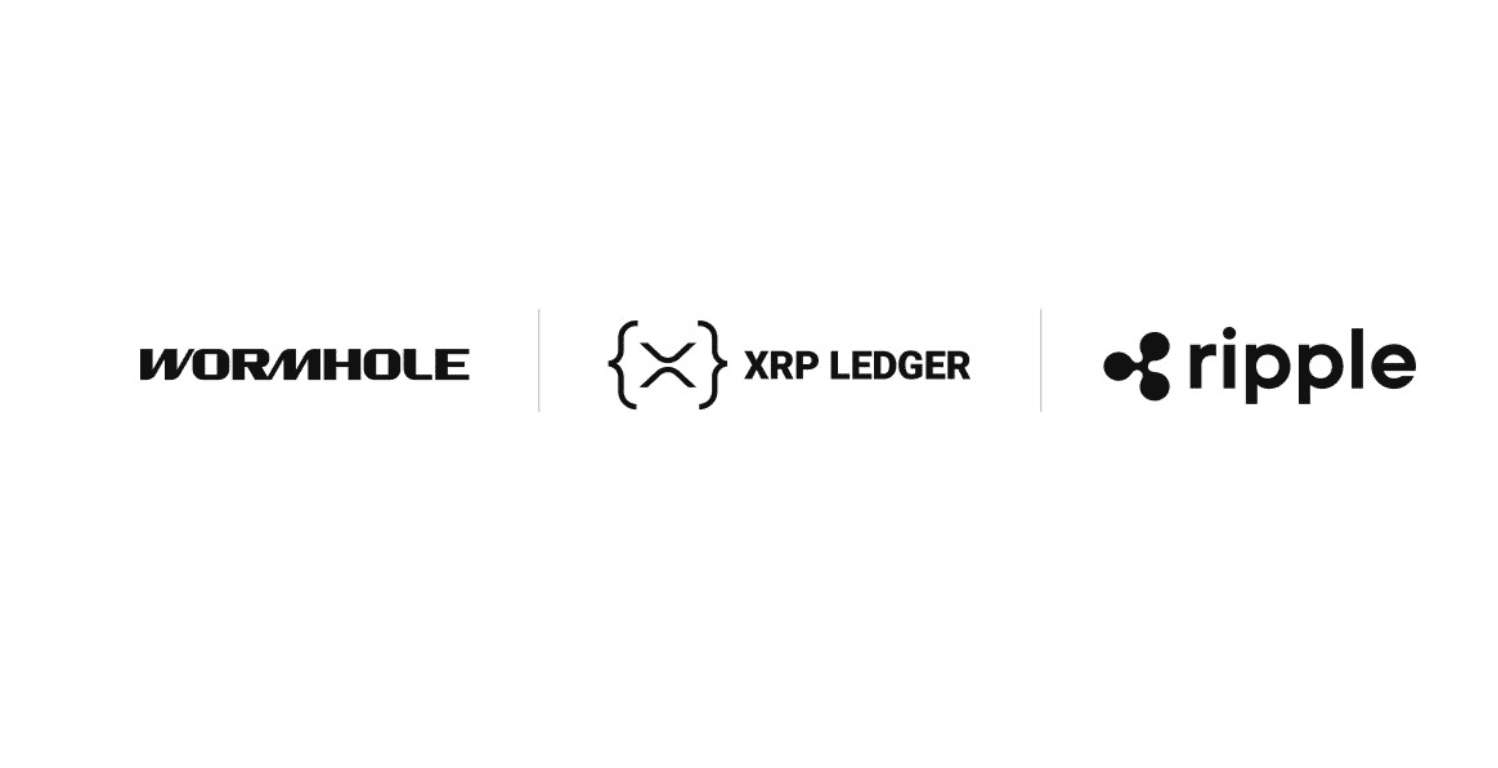The term gray market might conjure up images of nefarious players exchanging cash in shadowy alleys. In reality, gray markets have become an unfortunate necessity for those that lack the financial resources to operate within the traditional payment system. These informal remittance channels are often censured by regulators due to concerns around anonymity in payments. However, without affordable alternatives, individuals in need of an economic lifeline turn to these informal channels despite the risks involved.
In reframing the term “gray markets” to “underserved markets,” we open the door for potential opportunities to provide a viable recourse for untended communities, making informal payments formal and secure. Difficulties related to COVID-19 are putting underserved markets under increasing pressure, and the advantages of digitization serve as an accelerant for payment companies that are seeing greater value in offering alternatives with the same benefits of trust and affordability but through fully regulated systems.
Underserved Markets 101
Running a payments business is an expensive proposition, and underserved markets have grown up around the edges of mainstream services to fill a need for more accessible alternatives. These markets have a long, rich history and informal channels are sometimes the only affordable option to send what would otherwise be fully transparent payments across borders.
Regulatory agencies are valid in their scrutiny of informal value transfer systems and the possible risk that accompanies anonymity, but individuals and communities that rely on remittance payments deserve an affordable, compliant path forward.
Informal Lifelines
These untraditional payment channels often appeal to the unbanked that have difficulty meeting capital bank requirements for formal remittances. It is important to note that the number of unbanked individuals is massive, with the World Bank data stating 1.7 billion adults remain unbanked today.
Hawala is one well-known example of an untraditional payment channel. This approach to payments relies on an extensive network of trusted contacts – like friends or family members – that operate around the world, making it possible for people to send money through in-person cash exchanges between countries without losing significant funds to an expensive traditional exchange.
Today, underserved markets are particularly prevalent in South and Southeast Asia and the Middle East. In markets under duress, like present-day Myanmar, they can serve as vital lifelines.
FX Alternatives for Financial Institutions
Importantly, these unregulated flows of funds are not necessarily illegal operations. In some cases, they can even be offered by fully licensed operators that simply have more liquidity than other, more mainstream, channels.
In fact, gray market channels are sometimes used by well-known financial brands and businesses searching for more affordable alternatives or lower FX rates. Anecdotally, there are a number of stories or references to brands even operating underserved markets teams.
Of course, these transactions are not without risk. While the benefits have, in the past, outweighed the risks for many consumers and some institutions, there are instances where payments are not completed and even examples of financial institutions having had their funds frozen as a result of a gray market transaction.
Underserved Markets Now Under Pressure
Beyond the natural risks of using underserved market providers, these corridors are now coming under increasing pressure from two fast-moving forces: digitization and COVID-19.
Even before the pandemic, the rise of regulated digital payment channels – including mobile phones and blockchain – was making it easier and cheaper to send money across borders. That ease and ubiquity had already begun to cut into the volume of underserved market corridors.
Since the start of the pandemic, that volume has likely been impacted further because of the limited ability to travel and meet in person. With no safe, easy way to meet and exchange cash, the informal component of gray market networks cannot operate.
Ripple De-Risks Payments by Replacing Gray Markets
Ripple, through its payments network RippleNet, already serves as a compelling alternative to most other payments solutions because of its combined speed, transparency, reliability, cost, lowered capital requirements, and growth opportunities. But for those payment businesses that normally operate within underserved markets, RippleNet also, very importantly, provides an efficient and legal way for payments businesses to connect with other, high quality, licensed and regulated partners around the world.
RippleNet enables real-time transactions, highly competitive FX rates, and complete transparency from start to finish while also freeing up working capital and helping to resolve liquidity issues. All together, these provide a regulated cross-border payments solution that instantly digitizes and modernizes remittances while providing a fast way to connect with new payments partners.
Providers using Ripple can diversify and de-risk their operations at a time when regulators are increasing oversight and a growing number of traditional banks are exiting the remittance business.
Contact Ripple today to learn how to bring legitimate payment solutions to your underserved market corridor.











